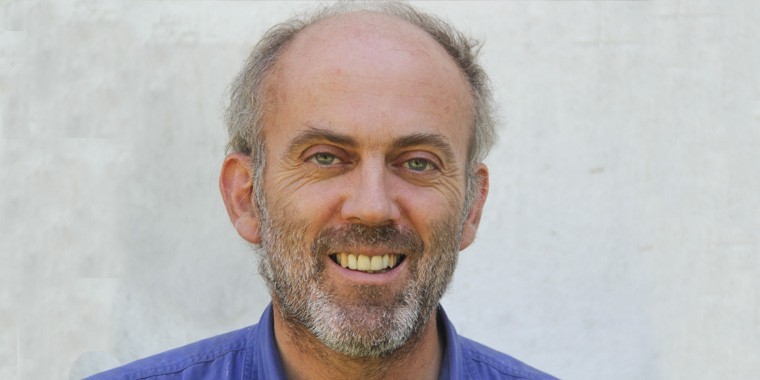After two year’s effort, the Royal Society for the encouragement of Arts, Manufactures and Commerce (RSA) has published an interim report from its own ‘Food, Farming and Countryside Commission’.
The Commission recommends a food and land use policy for the UK post-Brexit which, given the lack of any detailed policy from the UK government on how the British farming and British countryside might look once the UK is free of the EU’s CAP, is certainly welcome.
The report paints a bleak picture of current UK farming and environmental policy under the CAP. It also complains that the demand in Britain for cheap food is causing a public health crisis.
Sue Pritchard, director of the RSA Commission (and an organic farmer in Wales), says that the UK has the third cheapest basket of food in the developed world but the highest food poverty in Europe, in terms of people being able to afford a healthy diet. Britain is already the most obese nation in western Europe and, Pritchard points out, Type2 diabetes now costs the UK £27 billion per annum.
Other than recommending an improvement in diet, the report does not tackle the issue of how the poorest section of society can expect to eat more healthily, given growing income inequality in the UK. It’s all very well to state the obvious, as the report does, that more nuts and pulses and vegetables should be grown and eaten, but how are those on lower incomes to afford them?
But the RSA Commission’s report is sensible in parts. For instance, it recognises that farmers should be encouraged to produce grass fed beef and lamb in areas where the land quality is too low to support arable cropping. Grazing livestock on permanent pasture is an effective way of locking large amounts of carbon into the soil. Such farming is certainly preferable to planting land with trees or allowing it to ‘re-wild’ and then importing beef and lamb from countries where rainforest or other land is cleared to facilitate red meat production for export to the UK.
The RSA’s report also has the advantage that it has the ear of government. Environment Secretary Michael Gove even turned up to speak at its launch. But for any farmers or environmentalists seeking detailed guidance about likely post-Brexit UK farm policy the Commission’s work is not yet of much use. The report’s final conclusions won’t even be published until the end of October – the same day that the UK is now due to leave the EU, with or without a withdrawal agreement.




